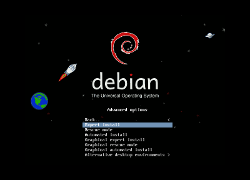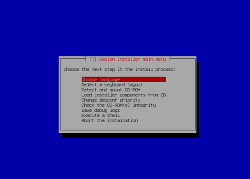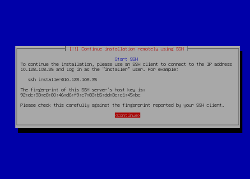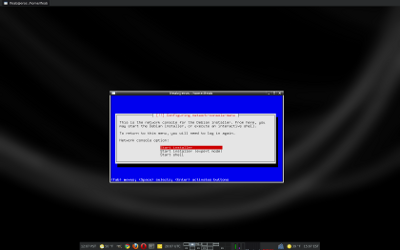Built on the Free/Open Source Software (FOSS) model for cluster deployments, LinuxForce staff has been hard at work over the past months developing and deploying LinuxForce Cluster Services built upon exclusively FOSS technologies and on December 15th we put out a press release:
Announcing LinuxForce Cluster Services
In September Laird Hariu wrote the article “File Servers – The Business Case for High Availability” where, in addition to building a case to use clusters, he also briefly outlined how Debian and other FOSS could be used to create a cluster for a file server. File servers are just the beginning, we have deployed clusters which host web, mail, DNS and more.
The core of this infrastructure uses Debian 6.0 (Squeeze) 64-bit and then depending upon the needs and budget of the customer, and whether they have a need for high availability, we use tools including Pacemaker, Corosync, rsync, drbd and KVM. Management of this infrastructure is handled remotely through the virtualization API libvirt using the virsh and Virtual Machine Manager.
The ability to use such high-quality tools directly from the repositories in the stable Debian distribution keeps our maintenance costs down, avoids vendor lock-in and gives companies like ours the ability offer these enterprise-level clustering solutions to small and medium size businesses for reasonable prices.






